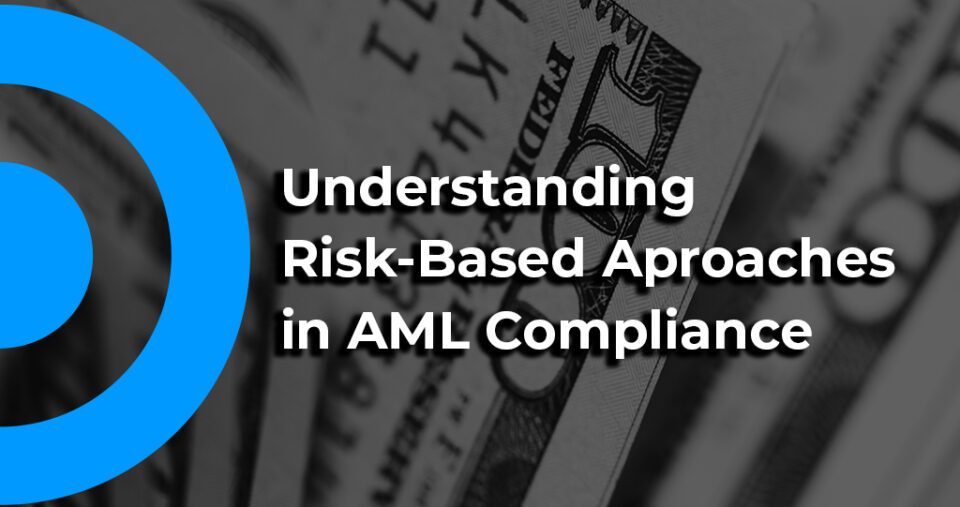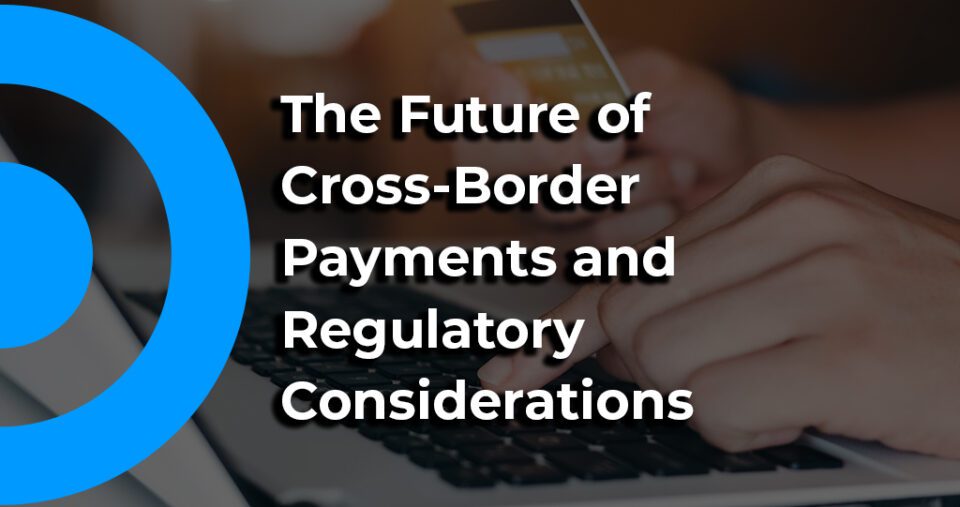
The Cost of Inadequate KYC: Why It Pays to Be Compliant
April 25, 2024
Embracing Open Banking in Canada’s Saturated Market: A Compliance Perspective
May 8, 2024Canada’s FinTech Revolution: Preparing for Open Banking & Real-Time Payments
The Canadian fintech ecosystem stands on the brink of a transformative era with the anticipated introduction of open banking regulations as outlined in Budget 2024. However, the concurrent revelation that Payments Canada’s Real-Time Rail (RTR) system will not be operational until at least 2026 presents a dichotomy of excitement and uncertainty within the sector.
Open Banking: A Data Deluge with Global Momentum
Open Banking disrupts the traditional financial model by enabling secure data sharing between financial institutions (FIs) and authorized third-party providers (TPPs). This shift is backed by a surging global market: a Juniper Research report estimates the global Open Banking market to reach a staggering USD 138.4 billion by 2026.
Canadian Consumer Receptiveness
While the global market booms, Canadian consumers are demonstrating receptiveness. An EY survey reveals that 64% of Canadians are receptive to sharing their financial data with TPPs for value-added services. This presents a significant opportunity for FinTech firms to leverage data insights for hyper-personalized financial solutions.
Understand the Challenges and Opportunities of Being a Money Service Business (MSB) in Canada
Technical Nuances to Consider: APIs & Data Aggregation
The success of Open Banking hinges on robust and standardized Application Programming Interfaces (APIs). The Financial Data Exchange (FDX) is actively developing the Canadian Open Banking standard (OBIX) to ensure secure and interoperable data exchange. FinTech firms will need to develop secure data aggregation capabilities to collect, analyze, and interpret customer data from various sources through Open Banking APIs.
Real-Time Payments: A Delayed But Transformative Force
The delay of RTR doesn’t diminish its transformative potential. Here’s why it remains a game-changer:
- Faster Settlement Times: RTR promises to slash settlement times from days to mere seconds. A Payments Canada study estimates that RTR could generate $34 billion in annual economic benefits for Canada. This translates to revolutionized cash flow management, particularly for SMEs.
- 24/7 Availability: Gone will be the days of waiting for banking hours to clear payments. RTR will enable instant transactions anytime, anywhere, boosting operational efficiency and customer satisfaction.
Technical Considerations for Early Adopters: Integration & Security
FinTech firms looking to capitalize on RTR’s early arrival should explore integrating its functionalities with existing payment processing systems. With real-time transactions come heightened security risks. Implementing robust cybersecurity measures to safeguard against fraud and cyberattacks is paramount.
The Open Banking & Real-Time Payments Powerhouse: A Match Made in Data Heaven
While the RTR launch is delayed, the synergy between Open Banking & Real-Time Payments creates a powerful data-driven engine:
- Personalized Payment Solutions: Open Banking data can be used to personalize payment experiences in real-time, offering tailored financial products based on customer needs and spending habits.
- Frictionless Onboarding: Real-time data access through Open Banking can streamline customer onboarding processes, leading to faster customer acquisition for FinTech platforms.
- Disruptive Business Models: The combination opens doors for entirely new business models within the FinTech ecosystem. Imagine real-time, data-driven lending decisions or hyper-personalized wealth management services.
Strategic Implications for Fintech Firms
The convergence of Open Banking & Real-Time Payments ushers in a data-driven future for Canada’s FinTech landscape. Here’s what to expect:
- Data-Driven Customer Acquisition: Expect to see FinTech firms leverage Open Banking data for sophisticated customer acquisition strategies, employing targeted marketing campaigns and personalized offerings.
- Rise of Embedded Finance: Seamless integration of financial services within non-financial platforms will flourish. Imagine paying for your online shopping cart without ever leaving the retailer’s website.
- AI-Powered Innovation: Expect a surge in AI-powered financial services fueled by the vast data sets unlocked by Open Banking. This could lead to intelligent budgeting tools, automated investment management, and fraud detection powered by machine learning.
Navigating Uncertainty
The juxtaposition of the forthcoming open banking framework and the postponed RTR system presents a complex scenario for fintech firms. On one hand, open banking offers a wealth of opportunities for innovation and customer engagement.
On the other, the absence of a real-time payment system could hinder the full realization of these benefits, as fintechs grapple with existing payment infrastructures that may not support the agility and speed demanded by modern financial services.
Read more on Why Canada is a Good Place for Payment Institutions and Other Fintechs
The Role of Paycompliance
In this dynamic context, paycompliance stands as a vital resource for fintech firms. Our expertise in regulatory compliance and strategic advisory can help businesses prepare for the open banking era and mitigate the challenges posed by the delayed RTR system.
We offer guidance on navigating the regulatory landscape, ensuring data security, and maintaining robust compliance practices.
Conclusion
The Canadian fintech ecosystem is at a crossroads, with the promise of open banking on the horizon and the challenge of delayed real-time payments. Fintech firms must approach this period with strategic planning and adaptability. Paycompliance is here to support your journey through this complex landscape, ensuring that your business is ready to seize the opportunities and overcome the obstacles of Canada’s evolving financial services sector.



